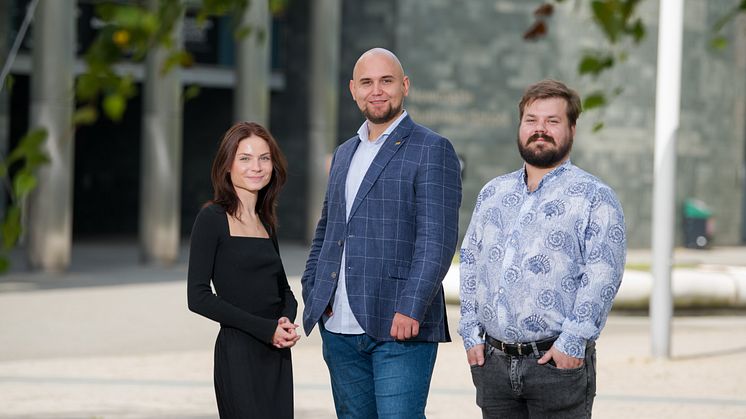Press release -
EXPERT COMMENT: Lucy Letby investigation: UK corporate manslaughter cases tend to be complex and can take years to reach a finding
Victoria Elizabeth Roper, Associate Professor in Law at Northumbria University, discusses the difficult nature of corporate manslaughter cases, in relation to the Lucy Letby investigation.
Police have launched a corporate manslaughter investigation at the Chester hospital that employed Lucy Letby, a former nurse recently convicted of murdering seven babies in the hospital’s neonatal unit in 2015 and 2016.
Corporate manslaughter charges can be brought against organisations that have been grossly negligent, resulting in death. They can be difficult to prove – particularly if an organisation is large and complex, like an NHS Trust – and so investigations often don’t result in prosecution. For example, prosecutors said the evidence did not support a corporate manslaughter charge in relation to the 2016 Croydon tram crash which killed seven people.
Investigations are also typically complex, taking many years to complete. A charging decision has still not been made in relation to the 2017 Grenfell Tower fire, which claimed 72 lives.
Each investigation must establish that the level of care the organisation gave the victims fell far short of what could reasonably be expected. The prosecution would also have to prove that the organisation’s senior management played a substantial role in the death. This would be a key part of the police investigation.
There have been more than 30 corporate manslaughter convictions since the offence was introduced in 2008, but an NHS Trust has never been convicted. In 2016, a case against Maidstone and Tunbridge Wells NHS Trust, in relation to a woman who died following a C-section, collapsed. The judge said the prosecution’s case was flawed and that it had failed to establish the trust’s gross negligence.
The offence is more commonly used to prosecute companies for serious management failures when a worker is killed on the job. For example, the UK’s first corporate manslaughter conviction, of Cotswold Geotechnical Holdings in 2011, resulted in a fine of £385,000. The case was brought after an employee died when a trench collapsed on him while he was taking soil samples.
Potential penalties
The main penalty for corporate manslaughter is a fine. There is no cap on the amount a judge can impose, and some cases have resulted in fines of more than £1 million. In 2022, a recycling company was fined £2 million for the corporate manslaughter of a worker at its plant in 2017. The company had been warned before the death about the danger of the absence of safety gates on the piece of machinery that caused the accident.
Judges use sentencing guidelines to decide the appropriate amount to fine an organisation. Typically, the larger the organisation, the larger the fine. NHS Trusts are normally very large organisations. Fines for larger firms could be as much as £20 million. But for public bodies such as an NHS Trust, the fine would normally be substantially reduced if it would have a significant impact on the provision of its services.
Judges can also impose a publicity order when organisations are found guilty of corporate manslaughter. This means requiring the organisation to publicise the details of its conviction at its own expense, for example in the local press and also on its website.
In 2015, for example, a building firm was fined £200,000 and required to advertise the facts of its conviction through a half page ad in a local newspaper and a notice on its own website.
An organisation might be just as worried about bad publicity as it is about a fine. The judge may decide a publicity order is a waste of time in a high-profile case such as the one against Letby’s former employer, the Countess of Chester Hospital, however.
In this case, once the police have finished the investigation, they will hand the file over to the Crown Prosecution Service to decide if there is sufficient evidence to prosecute.
Whatever the decision, it is unlikely to be made any time soon based on the examples of corporate manslaughter cases in the UK to date.
This article for was originally published in The Conversation.
Topics
Categories
UNIVERSITY OF THE YEAR 2022 (Times Higher Education Awards)
Northumbria is a research-intensive university that unlocks potential for all, changing lives regionally, nationally and internationally. Find out more about us at www.northumbria.ac.uk
--- Please contact media.communications@northumbria.ac.uk with any media enquiries or interview requests ---








